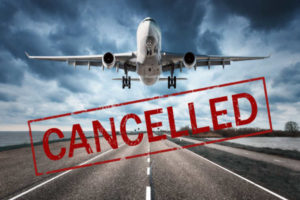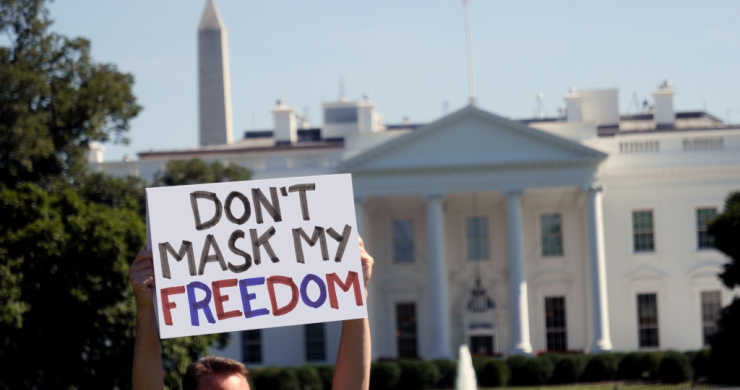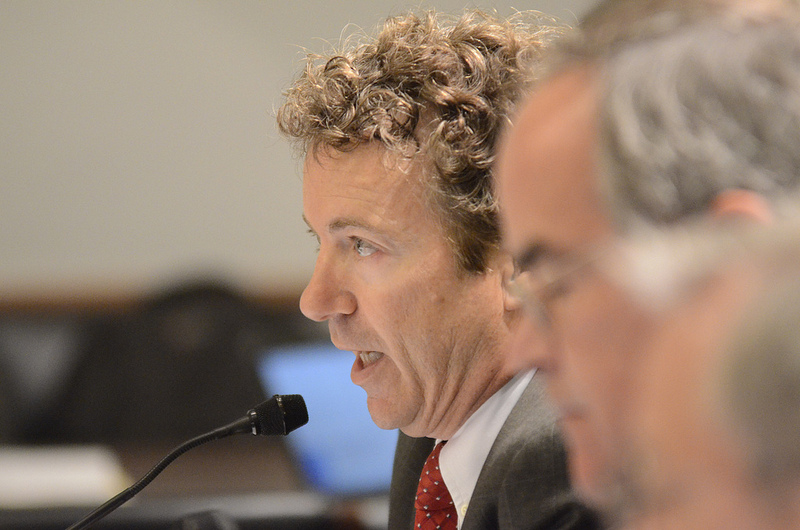
When governments gut their economies with shutdowns and then use wealth redistribution to encourage people to stay home and inactive, is it any wonder there are problems with recovery?
Heathrow Airport can’t find enough baggage handlers or check-in staff to keep the planes flying, and therefore must cap the number of departing passengers. These are not jobs that require extensive training. If there were workers willing to do the jobs, they would be easily integrated. The problem lies elsewhere. The Wall Street Journal’s Benjamin Katz and Sara Ruberg report:
Before Covid-19, Heathrow was the second-busiest airport in terms of international travelers after Dubai International Airport. It operates not just as a trans-Atlantic hub but as a launchpad for travel across Europe and beyond.
Heathrow said it had assessed the capacity of check-in staff, baggage handlers and other staff before making the decision to cap passenger numbers.
“Over the past few weeks…we have started to see periods when service drops to a level that is not acceptable,” Heathrow Chief Executive John Holland-Kaye said in a statement. “Long queue times, delays for passengers requiring assistance, bags not traveling with passengers or arriving late, low punctuality and last-minute cancellations.”
Heathrow said Tuesday that on average airlines are currently scheduled to fly 104,000 seats from its runways each day through the summer. Of the 4,000 daily seats in excess of the new cap, about 1,500 have already been sold. Passengers who have bought those tickets will need to be rescheduled, refunded or rerouted. Heathrow said it is asking airlines not to sell the remainder.
The cap will be imposed Tuesday and is set to continue through Sept. 11, the airport said. The move comes a day after Heathrow told airlines to cancel 61 flights after higher passenger numbers at two of its terminals exceeded capacity.
Heathrow said this was the first time it has had to impose a cap at such a scale and duration. Across the U.S., Canada and Europe, the aviation industry is scrambling to restore operations to serve a sudden surge in summer travel this year.
The problems have been most severe in Europe. Travel restrictions aimed at curbing the spread of Covid-19 slowed the recovery of European air travel, much of which involves flights between different countries. A stronger U.S. domestic market, meanwhile, has allowed airports there to build up their staff over a longer period before the typically busy summer season.
Heathrow said it has taken various steps to try to ease disruption, including bringing on more customer-service staff to assist passengers at its terminals. It also reopened Terminal 4, where it has shifted 25 airlines to ease some of the long lines at other terminals.
The airport said it had started hiring in November last year and expects by the end of July to have as many staffers working in security—one of the biggest bottlenecks faced by passengers—as it did before the pandemic.
“New colleagues are learning fast but are not yet up to full speed,” Mr. Holland-Kaye said. “However, there are some critical functions in the airport which are still significantly under-resourced, in particular ground handlers.”
Action Line: Creating incentives to stay home takes the most valuable part of an economy—its people—out of the equation. It could take years for all the problems created by artificial economic shutdowns to be ironed out of the system. Click here to subscribe to my monthly Survive & Thrive letter, and we’ll weather this storm together.



